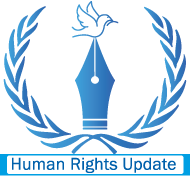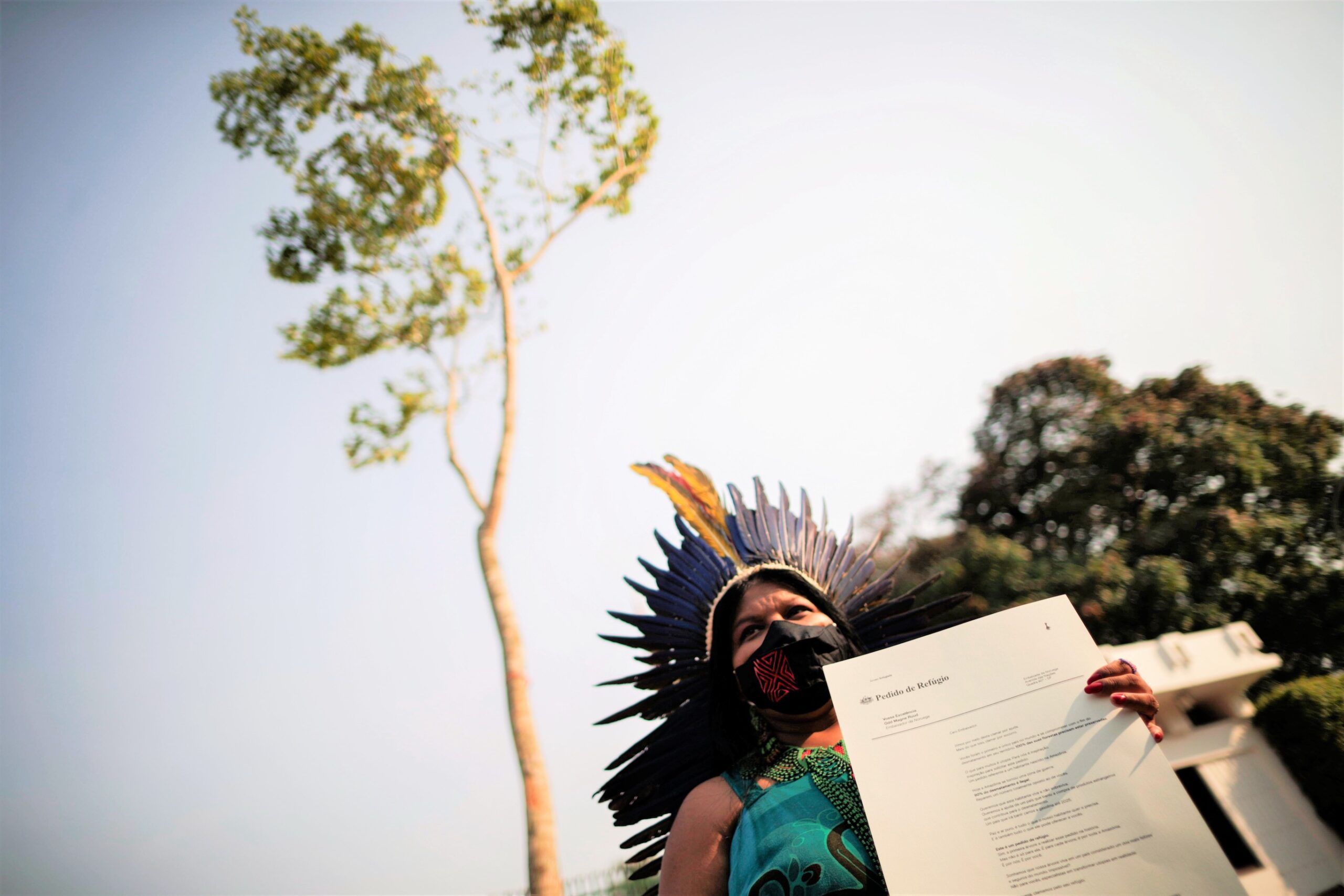The ruling Awami League in Bangladesh is facing severe backlash as allegations surface that the government is orchestrating a deceptive campaign to address human rights issues while concurrently expanding its grip on power. Critics argue that the government’s actions signal a sinister strategy to suppress dissent, curtail freedom of speech, and tighten control over the nation under the guise of enhancing cyber security measures. Human rights activists and journalists have long decried the manipulation of digital security laws to silence critics and stifle free expression. The shift from the Digital Security Act to the Cyber Security Act further solidifies concerns that the government is prioritizing control over the fundamental rights of its citizens.
The government’s recent moves have sparked concerns both domestically and internationally, focusing on its utilization of the former Information Technology Act and the controversial Digital Security Act of 2018. These laws have been widely criticized for facilitating the crackdown on dissidents, opposition leaders, journalists, human rights activists, and critics, ultimately undermining fundamental human rights in the country.
In an apparent response to mounting criticism, the government reportedly convened a cabinet meeting to announce the repeal of the contentious Digital Security Act. However, experts argue that this maneuver is nothing more than a name change, as the government introduces the ‘Cyber Security Act 2023’, an alleged successor to the Digital Security Act. Critics contend that the changes made are superficial, aimed at projecting a façade of reform while perpetuating a draconian approach to governance.
While the government maintains that these actions are taken to address concerns of digital security, critics assert that the Cyber Security Act 2023 may further exacerbate the human rights situation in the country. The new legislation is believed to provide the government with expanded powers to target critics and opposition figures under the pretense of safeguarding national interests.
Moreover, the government’s attempts to divert public attention by highlighting hacking incidents within various government institutions have raised eyebrows. Critics argue that these announcements are intended to manipulate public sentiment and sway international opinion toward the need for a cyber security law, while ultimately justifying a crackdown on dissent.
Leading human rights activists, journalists, and concerned citizens have voiced their alarm at the government’s tactics. The United Nations High Commissioner for Human Rights, Falker Turk, has issued a call to action, urging the Bangladesh government to suspend the implementation of the Digital Security Act due to its alarming impact on human rights. Turk expressed deep concern over the manipulation of digital security laws to suppress free speech and intimidate journalists and human rights activists.
Responding to these allegations, Law Minister Anisul Haque disclosed that a staggering 7,001 cases had been filed under the Digital Security Act from September 2018 to January 31, 2023. Critics interpret these numbers as a clear demonstration of the government’s readiness to employ the law as a tool to silence dissenting voices and curb opposition.
Human rights advocates, journalists, and those affected by the laws argue that the government’s actions are an affront to the principles of democracy and freedom of expression. As the nation navigates these tumultuous developments, the spotlight remains firmly fixed on the government’s approach to human rights and its commitment to genuine reform.






